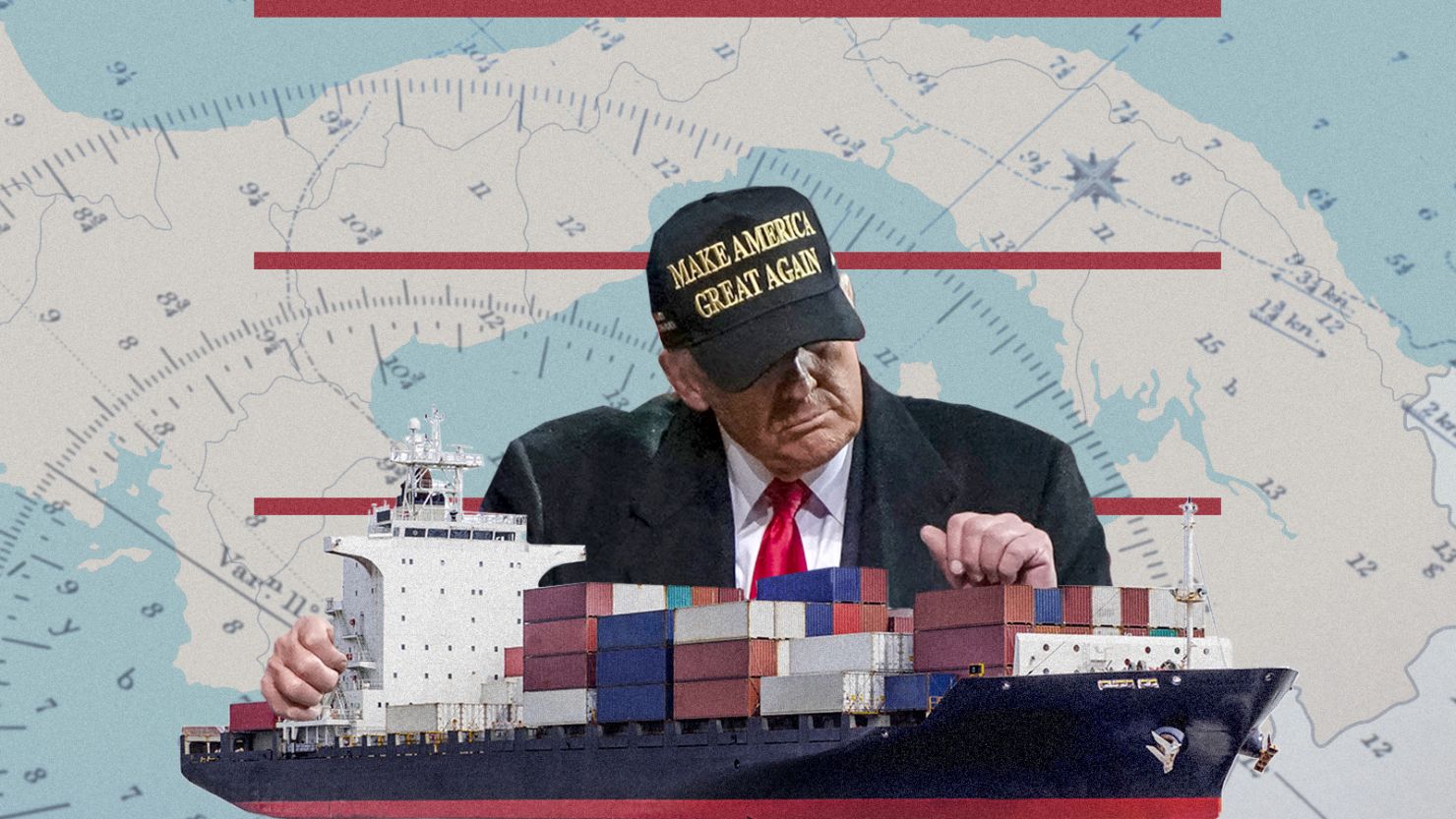Donald Trump’s fascination with the Panama Canal isn’t just a quirky interest—it reveals a broader, more concerning approach to global power and trade. His repeated comments and proposals about the canal hint at a fixation that goes beyond simple curiosity. Understanding this obsession is key to grasping the risks it poses to international relations and global commerce.
Why the Panama Canal Matters
The Panama Canal is one of the world’s most strategic waterways, connecting the Atlantic and Pacific Oceans. It’s a critical artery for global trade, allowing ships to avoid the long and treacherous route around South America. Control or influence over the canal means significant leverage in international shipping and economic power.
For decades, the canal has been managed by Panama since the U.S. handed over control in 1999, symbolizing a shift toward respecting sovereignty while maintaining cooperative oversight through treaties.
Trump’s Repeated References
Trump has often spoken about the Panama Canal, sometimes suggesting that the U.S. should “take it back” or exercise more direct control. These remarks, whether rhetorical or serious, raise eyebrows because they challenge established international agreements and norms.
The danger in this obsession lies in how it reflects Trump’s broader style: favoring unilateral moves and “winning” at the expense of diplomacy. The canal isn’t just a piece of infrastructure—it’s a symbol of cooperation between nations. Ignoring that risks destabilizing decades of progress.
What Trump’s Focus on the Canal Reveals
Trump’s fixation on the Panama Canal reveals his preference for direct power grabs. It fits with his broader approach to foreign policy, where economic and strategic assets are seen as trophies to claim rather than shared resources to manage responsibly.
This mindset risks igniting tensions with Panama and other global players, including China, which has also shown interest in expanding its presence in the canal zone. Trump’s aggressive posture could lead to diplomatic conflict, harming trade and security.
The Global Impact
Any move to disrupt Panama’s control over the canal or even to publicly threaten it could unsettle global markets. Shipping companies rely on the canal for efficient transport. Uncertainty about its future could increase costs and delay shipments, hitting industries worldwide.
Moreover, it could strain U.S. relations with Latin America, undermining efforts to build partnerships in a region where trust is already fragile.
Conclusion
Trump’s obsession with the Panama Canal is more than political theater. It signals a dangerous willingness to challenge international agreements for short-term gains. In a world where cooperation is essential for trade and security, this fixation threatens stability. Watching how this plays out will be critical for understanding the future of U.S. foreign policy and global commerce.



